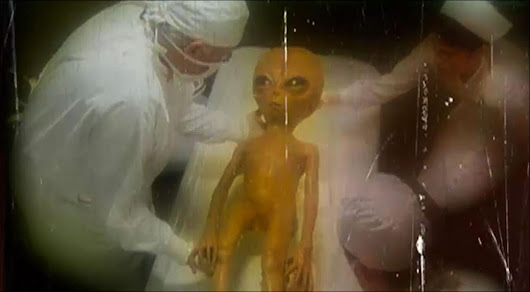people do not come from the Earth According to science
People did not evolve alongside other life forms on Earth, according to Ellis Silver, an American ecologist, but arrived tens or hundreds of thousands of years ago.
In support of this hypothesis, Silver claims that some of the chronic diseases that plague humans may be evidence that we evolved in a world with less gravity.
According to initial reports, the surge occurred after news of a celebrity at a bar in the nightlife district spread.
Another fact supporting the scientist's thesis is the presence of some unusual human characteristics, such as babies' heads being so large that it is difficult for women to give birth. "This is a problem that no other species on the planet has," the scientist claims.
"I believe many of our health problems stem from the simple fact that our internal biological clocks have evolved to perceive a 25-hour workday, despite the fact that a day on Earth lasts only 24 hours," Silver writes.




Comments
Post a Comment